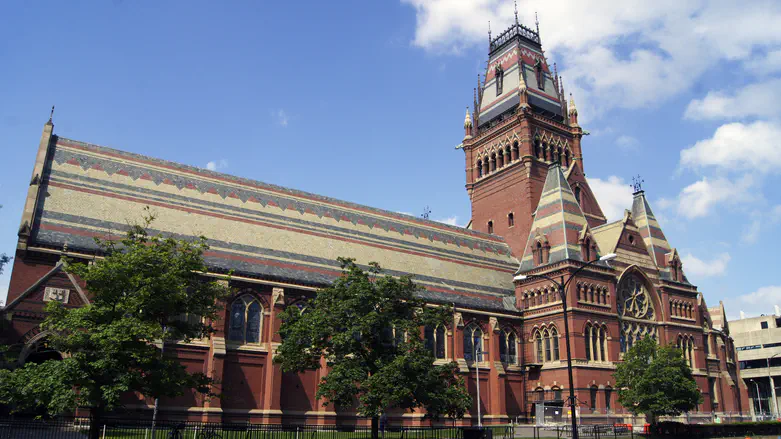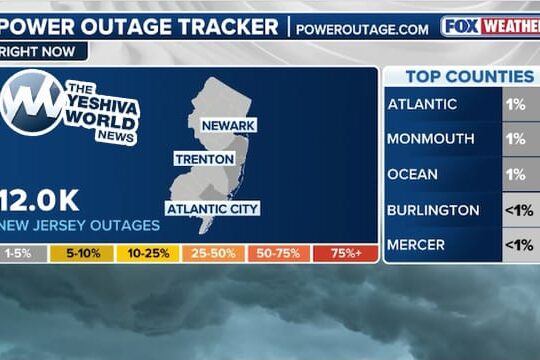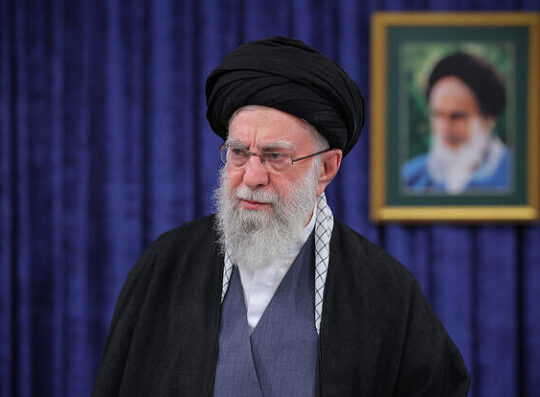
A Jewish graduate of Harvard Business School has filed a federal lawsuit against Harvard University and its police department, accusing them of enabling a hostile antisemitic environment and failing to discipline students who allegedly assaulted him during a campus protest, National Review reported on Friday.
The plaintiff, Yoav Segev, claims he was physically attacked on October 18, 2023, while passing a pro-Palestinian Arab demonstration on Harvard’s campus. According to the lawsuit, Segev was wearing a bracelet symbolizing his Israeli identity when self-designated “safety marshals” at the protest confronted him. He was shoved, surrounded, and had keffiyehs and protest signs pushed into his face. At one point, a masked student leapt at him and another placed an arm around his neck.
Segev alleges that although he tried to de-escalate the situation, the crowd continued to physically and verbally accost him. The suit contends that the incident was caught on video, yet Harvard refused to take disciplinary action against the students involved and later obstructed local criminal investigations.
Segev maintains that university police halted the investigation and that administrators implemented a new policy barring disciplinary measures during ongoing criminal proceedings. Once the criminal case concluded, the university allegedly did not resume internal proceedings.
The complaint asserts that the students who assaulted Segev were ultimately rewarded by the university. One reportedly received a $65,000 Harvard Law Review fellowship and was featured in prominent university publications. Another was selected as a marshal for graduation. All were permitted to graduate in good standing.
Segev, who initially pursued an administrative complaint and later filed a lawsuit under a pseudonym, claims Harvard outed him publicly by releasing emails and documents containing identifying information. He further alleges that Harvard refused to let him file a complaint anonymously and declined to share the results of its internal investigation into the incident.
The lawsuit argues that Harvard’s treatment of Segev is not an isolated case, but part of a broader pattern of antisemitic discrimination on campus. “Harvard’s antisemitic discrimination against Mr. Segev is far more sinister than inaction and indifference,” the lawsuit states. “Harvard did everything it could to defend, protect, and reward the assailants; to impede the criminal investigation; and to prevent Mr. Segev from obtaining administrative relief from the University.”
It also accuses Harvard of breaching its obligations under state and federal civil rights laws and school policy by failing to ensure Segev’s right to a safe learning environment. Segev, who says he suffered emotional, reputational, and professional harm, is seeking significant damages, according to National Review.
Harvard, like other universities in the US, has seen an uptick in anti-Israel activity since Hamas’ October 7, 2023, attack on Israel and the war in Gaza which followed. The university has come under fire over its handling of antisemitism on campus.
Just two days after the October 7 massacre, a coalition of 34 Harvard student organizations released a statement in which they blamed Israel for Hamas’ attack.
Later, then-Harvard President Claudine Gay came under fire after she, along with MIT President Sally Kornbluth and University of Pennsylvania President Liz Magill, testified before a congressional hearing on the issue of antisemitism on college campuses.
All three university presidents gave similar answers to Rep. Elise Stefanik in which they failed to unequivocally condemn antisemitism or even calls for genocide against Jews. Gay eventually resigned as President of Harvard.
In recent months, the Trump administration has taken steps against the Ivy League school due to its failure to tackle antisemitism on campus.
These measures include halting over $2.2 billion in federal funding. In addition to the funding cuts, President Donald Trump has also advocated for revoking the university’s tax-exempt status.
Another step involved a proclamation that bars new foreign students from entering the United States to attend the university. A federal judge has temporarily blocked the administration from implementing the proclamation.
In late April, Harvard published two internal reviews detailing incidents of discrimination against Jewish, Muslim, and Arab students during last year’s protests. The reports found that some students feared marginalization for expressing political views.
(Israel National News’ North American desk is keeping you updated until the start of Shabbat in New York. The time posted automatically on all Israel National News articles, however, is Israeli time.)
Source link












